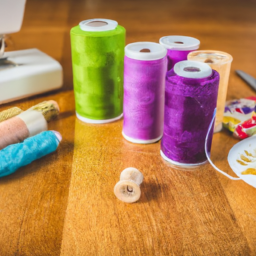

Are you an aspiring seamstress or interested in starting a new hobby in sewing? One of the key questions that often arises is whether or not you need a pattern to sew. Sewing patterns can be incredibly useful tools when embarking on a sewing project, but they are not always necessary. Let’s explore the importance of patterns and when you might want to consider using one.
Understanding Sewing Patterns
Sewing patterns are templates or guides that provide precise measurements and instructions for creating garments or other sewn items. They typically come in the form of tissue paper or digital files, and they include various pieces that need to be cut out and assembled to form the desired item.
Sewing patterns often include vital details such as seam allowances, dart placements, and other construction techniques. They can also provide suggestions for fabric choices, notions, and detailed illustrations or photographs to guide you through the sewing process.
When to Use a Sewing Pattern
If you are a beginner in sewing or have limited experience, using a sewing pattern is highly recommended. Patterns act as blueprints for your project, simplifying the process by providing clear instructions and measurements. They eliminate the need for guessing or extensive trial and error, enabling you to achieve a more professional and accurate finished product.
Sewing patterns are especially crucial for complex garments, such as dresses with intricate details or tailored jackets. These patterns ensure that all parts of a garment fit together seamlessly, resulting in a well-fitted and visually appealing end result.
When to Sew Without a Pattern
While sewing patterns are valuable tools, there may be instances where you can sew without them. This is particularly true for simple projects, such as small accessories, basic skirts, or pillowcases. These items often require minimal shaping and can be easily created by following straightforward measurements or tutorials.
If you have advanced sewing skills and are comfortable with improvisation, you may also choose to sew without a pattern. Skilled sewists can often visualize the construction of a garment or item, allowing them to create unique and personalized designs without relying on pre-drafted patterns.
Conclusion
When it comes to sewing, the use of patterns ultimately depends on your skill level, the complexity of the project, and your personal preferences. For beginners or when creating elaborate garments, sewing patterns offer guidance and accuracy that can significantly enhance your sewing experience. However, for simple projects or experienced sewists, sewing without a pattern can provide creative freedom and flexibility.
Remember, whether you decide to use a pattern or not, the most important thing is to enjoy the sewing process and have fun with your creations!
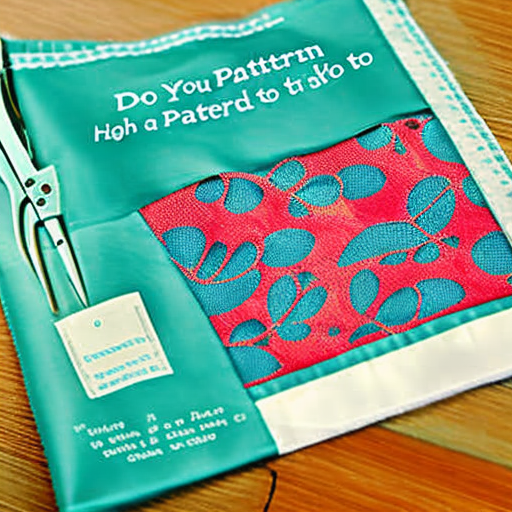
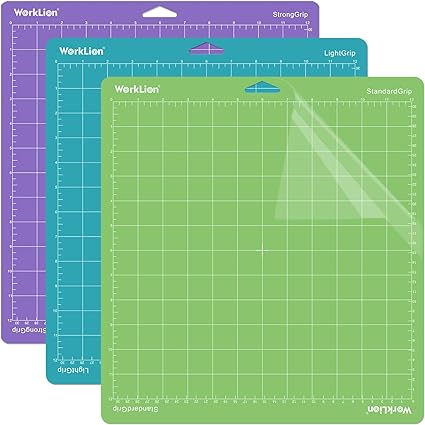
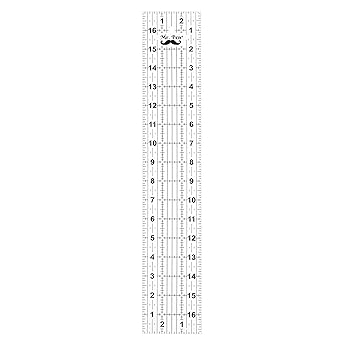
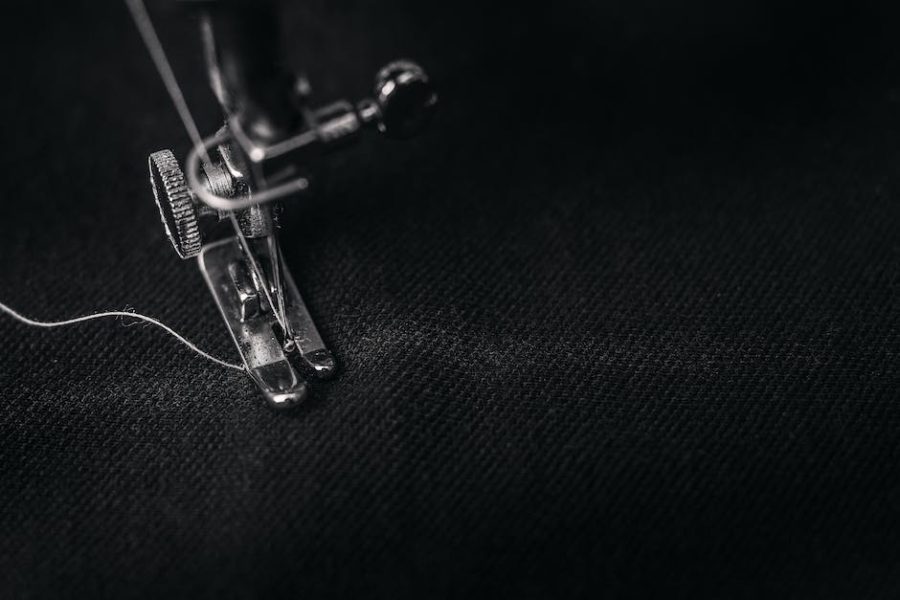
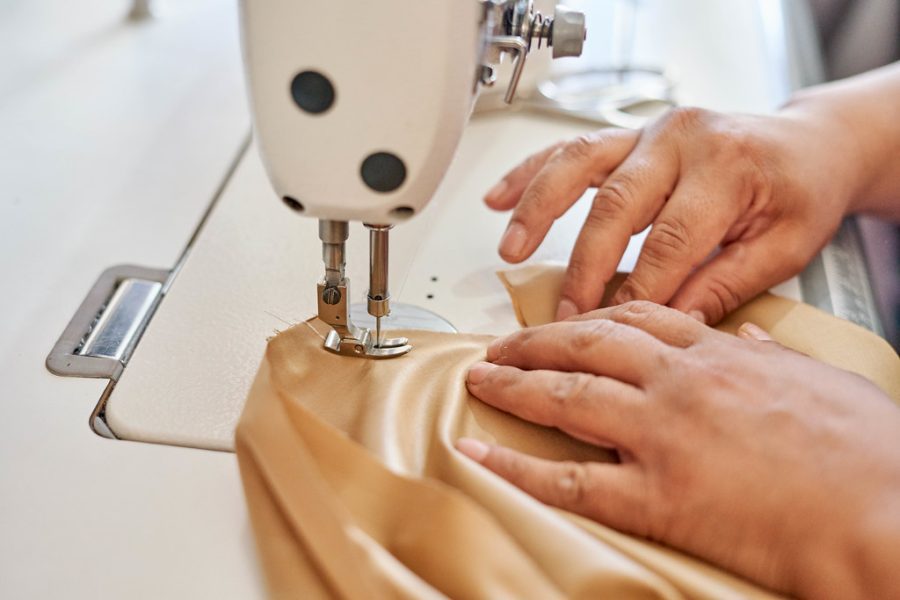
No, You can definitely design your own pattern
Yes, you need a pattern if you want to create a consistent, well-crafted garment. With the right pattern, you will be able to accurately measure and bridge the gaps between your individual pieces for a professional finish. Plus, patterns are extremely helpful in creating something unique; they provide the foundation for sewing projects from start to finish.
Absolutely! Patterns come with helpful instructions on how to cut and assemble the fabric for the perfect look. Everyone can be creative with their sewing, and patterns can give you the guidance to make your vision come to life.
Absolutely! Sewing without a pattern will likely leave you with an uneven mess, as it requires precise measurements that are difficult to do without guidance. Patterns are an incredible resource that will help you maximize the potential and accuracy of your sewing project!